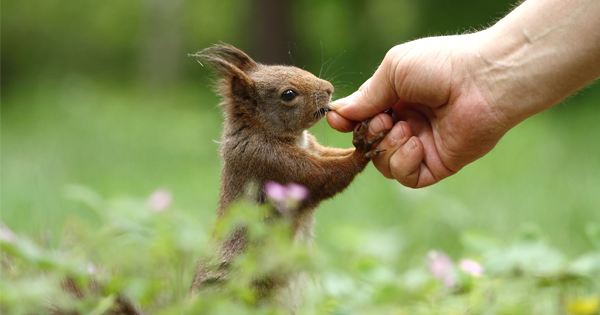Advertisement
Are we living in the dark ages again? We may as well be, since it seems this teen girl has contracted bubonic plague.
The girl is from Crook County, eastern Oregon, and it’s said that she contracted it from a flea bite when she was on a hunting trip. She went on the trip on October 16th and fell ill five days later. She wasn’t hospitalized until three days after that.
Her condition is unknown, but she’s currently in intensive care, and no one else has been reported as infected.
Bubonic plague is rare these days, nowhere near the untreatable illness that it was in medieval times. The Centers for Disease Control and Prevention reports around 7 human plague cases in the U.S. every year, which is about as small of a number as you can get for a disease like this.
There have been eight cases in Oregon in the past twenty years, with no deaths reported. One man in 2012 lost his fingers and toes to the bubonic plague, after catching it when he tried to remove a mouse from his cat’s throat.
Thankfully, now that we’re in the twenty-first century, we can treat the plague with antibiotics if it’s caught early. But for those who go untreated, the disease can be fatal. Bubonic plague causes swollen lymph nodes, high fever, and lethargy. Because it’s so rare, no vaccines are currently available.
The plague, just as it was in medieval times, is transmittable through fleas from wild rodents. When these rodents die, the fleas can carry on and give the disease to animals or humans.
Health officials recommend avoiding contact with these wild animals, especially ones that are sick or dead. It’s common sense when in the wild—don’t feed the wildlife.




